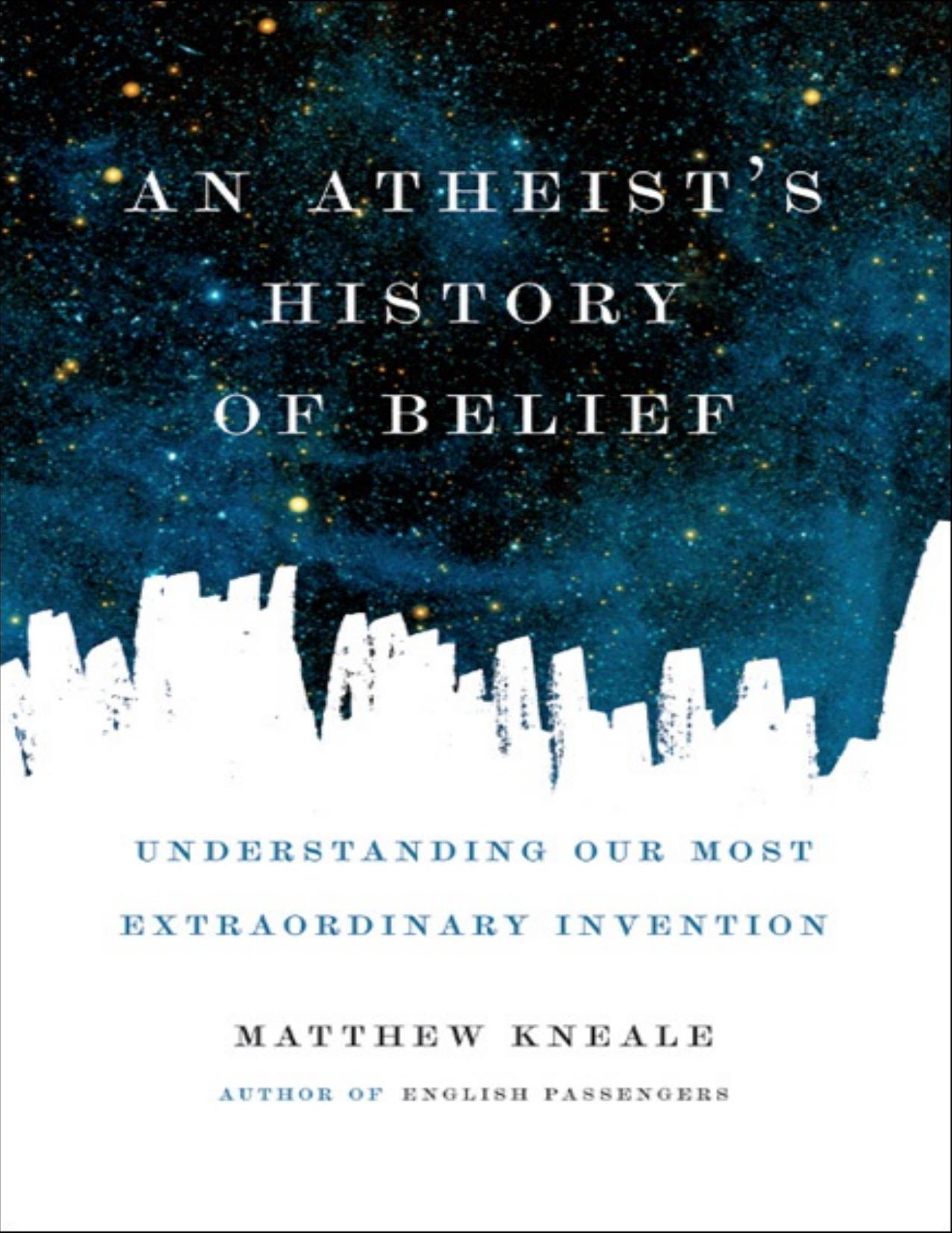An Atheist's History of Belief: Understanding Our Most Extraordinary Invention by Matthew Kneale

Author:Matthew Kneale [Kneale, Matthew]
Language: eng
Format: azw3, pdf
ISBN: 9781619023710
Publisher: Counterpoint
Published: 2014-01-14T05:00:00+00:00
7
INVENTING ELSEWHERE
Ecstasy in Sober China
Around 1150 BC, near Anyang, capital of China’s very first historical state (the Shang kingdom) someone put a turtle shell in a very hot fire. We know little about this moment – what building it happened in or who was present – as all that has remained of it is the turtle shell itself, but we do know why. The gods were being asked a question. The Chinese sought their gods’ advice on all kinds of matters at this time, from how to treat someone who was sick, or whether to launch a military campaign, to what the quality of the next harvest would be. The process was simple. Two different outcomes were written on opposite sides of the turtle shell, and after this had been baked in a fire, a careful inspection was made of cracks caused by the heat, which were thought to indicate which outcome the gods had chosen. For future reference their choice was then written on the shell.
Chinese writing, medicine, language, philosophy and food all followed a radically different road from elsewhere in Eurasia. What of Chinese religion? Did it, too, develop on wholly novel lines? In 1150 BC, when Chinese religion first begins to emerge into the light, the answer appears to be a very clear no. Nothing about the ritual at Anyang was remotely original, aside perhaps from the use of a turtle shell. By 1150 BC the Mesopotamians had been trying to gain inside information about the future for at least 2,000 years. Even the gods the Chinese consulted were familiar. The senior Chinese deity, Di, was a controller of weather, like Enlil in southern Mesopotamia. The pantheon of gods beneath Di – gods of the sun, of mountains, of crops, of the Yellow River – closely resembled that of other peoples.
These similarities, though, are a little deceptive. Even in 1150 BC, the seeds can be found of a distinctively Chinese view of the world. The Chinese already believed that another class of supernatural beings existed beneath their gods: their ancestors. In the decades after our turtle shell was baked, something rather surprising happened: China’s rulers lost interest in their gods. Turtle-shell questions became addressed not to deities, but to ancestors. China, uniquely among farming societies, became a land without gods, at least for a time. As well as ancestors, the Chinese also believed in spirits – a direct inheritance from hunter-gatherer shaman religions – who, like spirits in Mesopotamia and other lands, were more troublesome than helpful and required constant placation, as otherwise one’s stove might not light and one’s crops might not ripen. This dismissal of gods was a shift that, arguably, helped point China in a very different and more practical direction from lands further west.
Even China’s afterlife had an aura of practicality. In early China, ancestors were not thought to be dwelling in a dismal underworld or in paradise, but in a world much like that of the living, where they had human-like concerns.
Download
An Atheist's History of Belief: Understanding Our Most Extraordinary Invention by Matthew Kneale.pdf
This site does not store any files on its server. We only index and link to content provided by other sites. Please contact the content providers to delete copyright contents if any and email us, we'll remove relevant links or contents immediately.
The Lost Art of Listening by Michael P. Nichols(7494)
Why I Am Not A Calvinist by Dr. Peter S. Ruckman(4149)
The Rosicrucians by Christopher McIntosh(3513)
Wicca: a guide for the solitary practitioner by Scott Cunningham(3167)
Signature in the Cell: DNA and the Evidence for Intelligent Design by Stephen C. Meyer(3132)
Real Sex by Lauren F. Winner(3014)
The Holy Spirit by Billy Graham(2944)
To Light a Sacred Flame by Silver RavenWolf(2814)
The End of Faith by Sam Harris(2733)
The Gnostic Gospels by Pagels Elaine(2527)
Waking Up by Sam Harris(2454)
Nine Parts of Desire by Geraldine Brooks(2361)
Jesus by Paul Johnson(2352)
Devil, The by Almond Philip C(2325)
The God delusion by Richard Dawkins(2305)
Heavens on Earth by Michael Shermer(2278)
Kundalini by Gopi Krishna(2180)
Chosen by God by R. C. Sproul(2161)
The Nature of Consciousness by Rupert Spira(2104)
